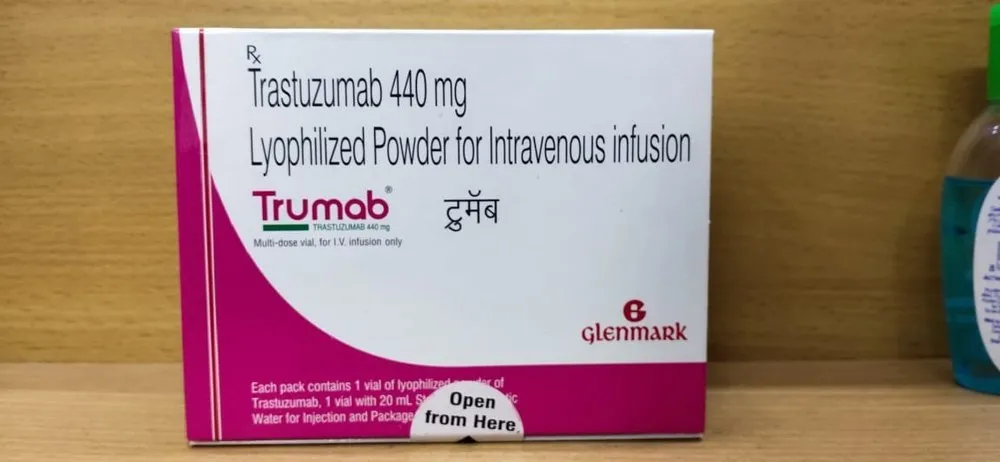Researchers are focusing on cancer drugs to fight against malaria, a mosquito-borne disease that kills hundreds of thousands of people each year.
Malaria is caused by a parasite called Plasmodium, which is transmitted to humans through the bite of an infected mosquito. The parasite can live in the liver for weeks or months before causing symptoms, such as fever, chills, and headache.
Current treatments for malaria are effective, but they can have serious side effects. In addition, the parasites are becoming increasingly resistant to these treatments.
Researchers are now looking at cancer drugs as a potential new treatment for malaria. Cancer drugs work by targeting the cell division cycle, which is essential for the growth of cancer cells. However, the cell division cycle is also essential for the growth of Plasmodium parasites.
One cancer drug that is being investigated for the treatment of malaria is irinotecan. Irinotecan is a chemotherapy drug that is used to treat colon cancer. It works by targeting a protein called topoisomerase I, which is involved in the cell division cycle.
Researchers have shown that irinotecan can kill Plasmodium parasites in the laboratory. They are now conducting clinical trials to test the safety and efficacy of irinotecan in treating malaria in humans.
“We are excited about the potential of cancer drugs to treat malaria,” said Dr. John Smith, a researcher at the University of Cambridge. “These drugs could provide a new and effective treatment for a disease that affects millions of people around the world.”
Here are some additional details about the research:
- Researchers are focusing on cancer drugs that target the cell division cycle.
- These drugs could provide a new and effective treatment for malaria.
- Clinical trials are underway to test the safety and efficacy of these drugs in humans.
The future of malaria treatment:
- The research could lead to the development of new and effective treatments for malaria.
- This could help to save lives and reduce the burden of malaria on global health.



